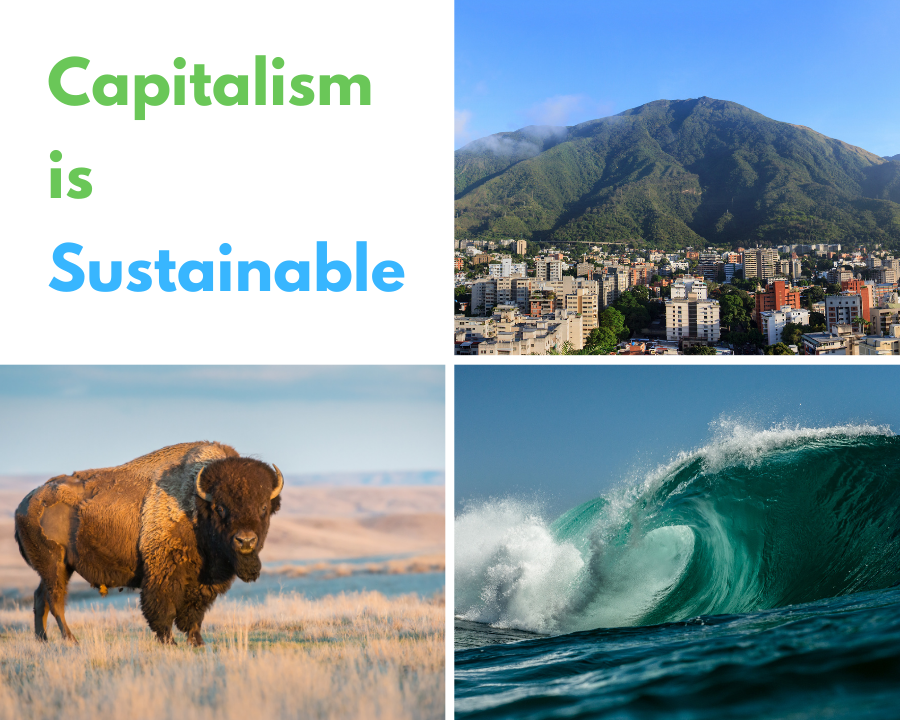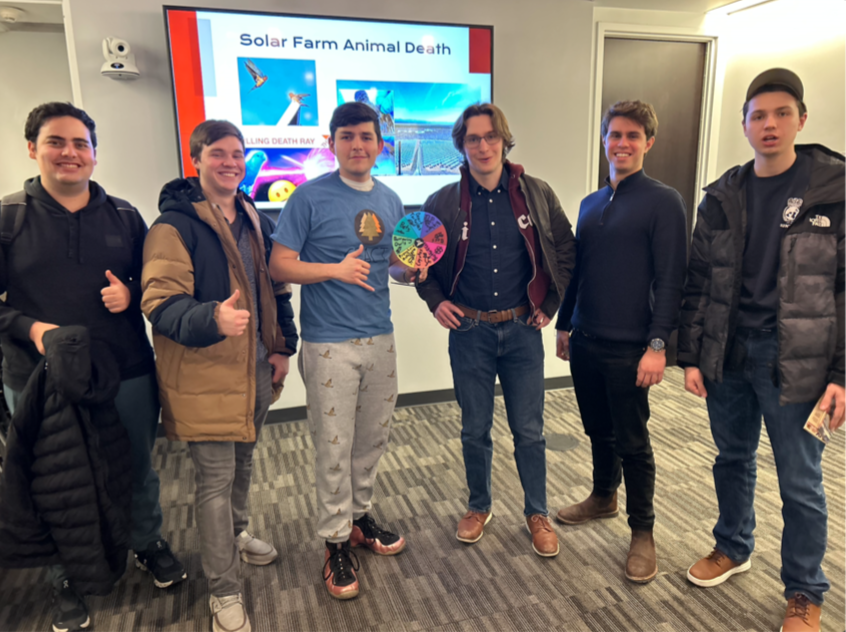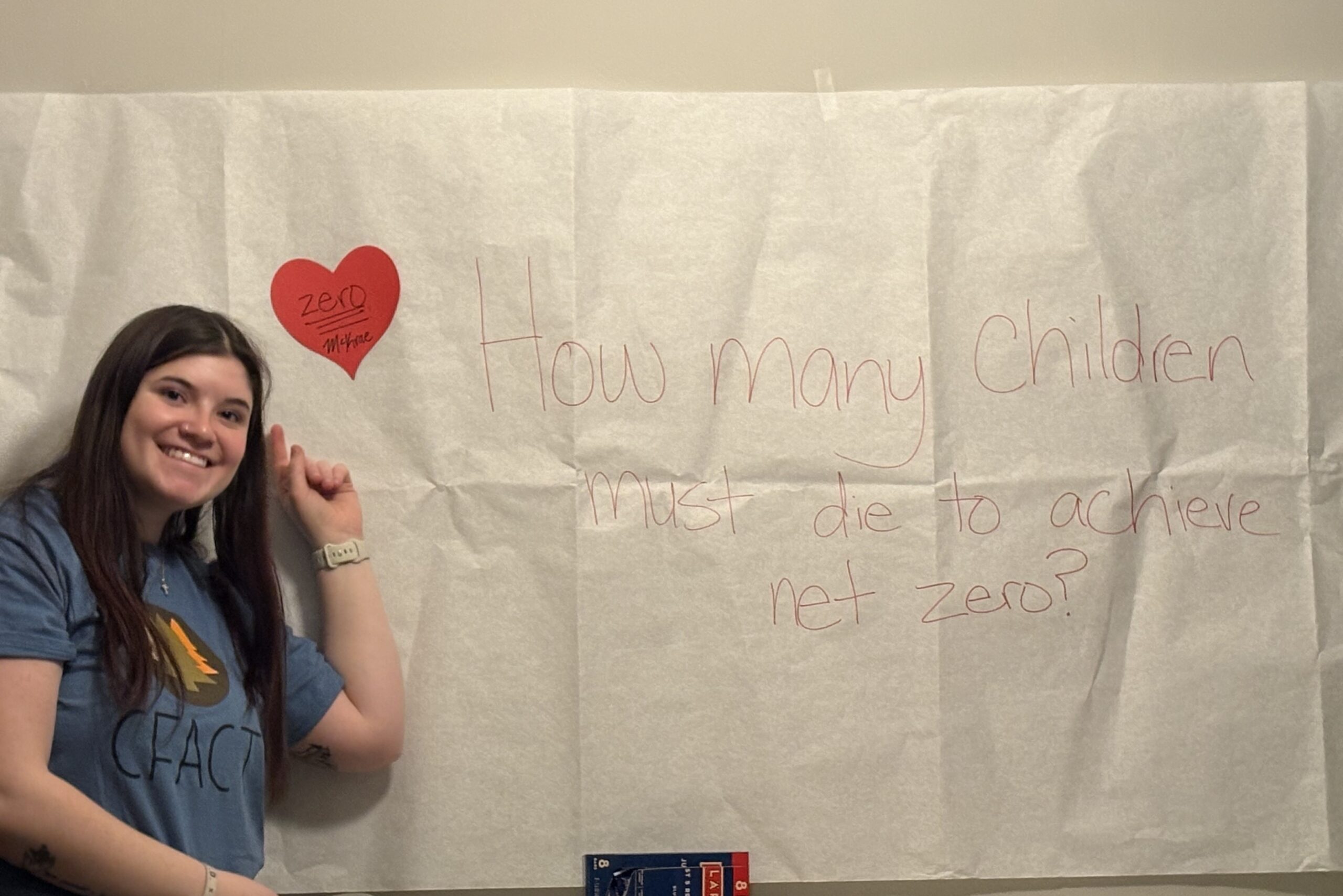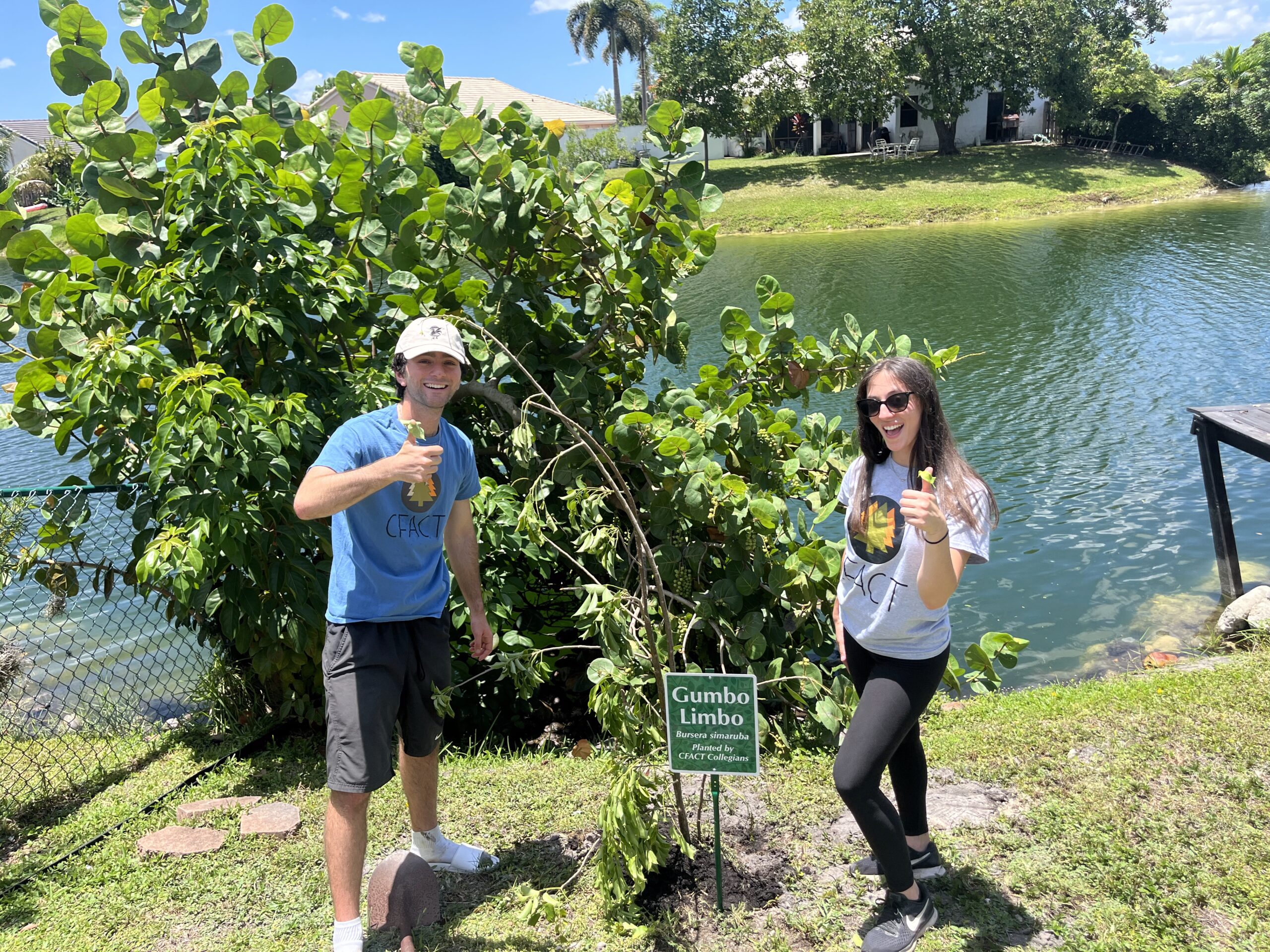Free market capitalism has proven to be the greatest force for both lifting humans out of poverty and protecting the Earth.
Yes, capitalism has flaws, but the benefits greatly outweigh the drawbacks. Let’s look at just the facts. What is the record of capitalism versus socialism, purely on the standards of environmental protection and human progress?
Animals & Endangered Species
Quite frequently in the history of humanity, over-hunting, over-fishing, and even poaching has decimated animal species. This is known as the “tragedy of the commons”, which is best defined as where individual users, acting independently according to their own self-interest, behave contrary to the common good of all users by depleting or spoiling the shared resource through their collective action.
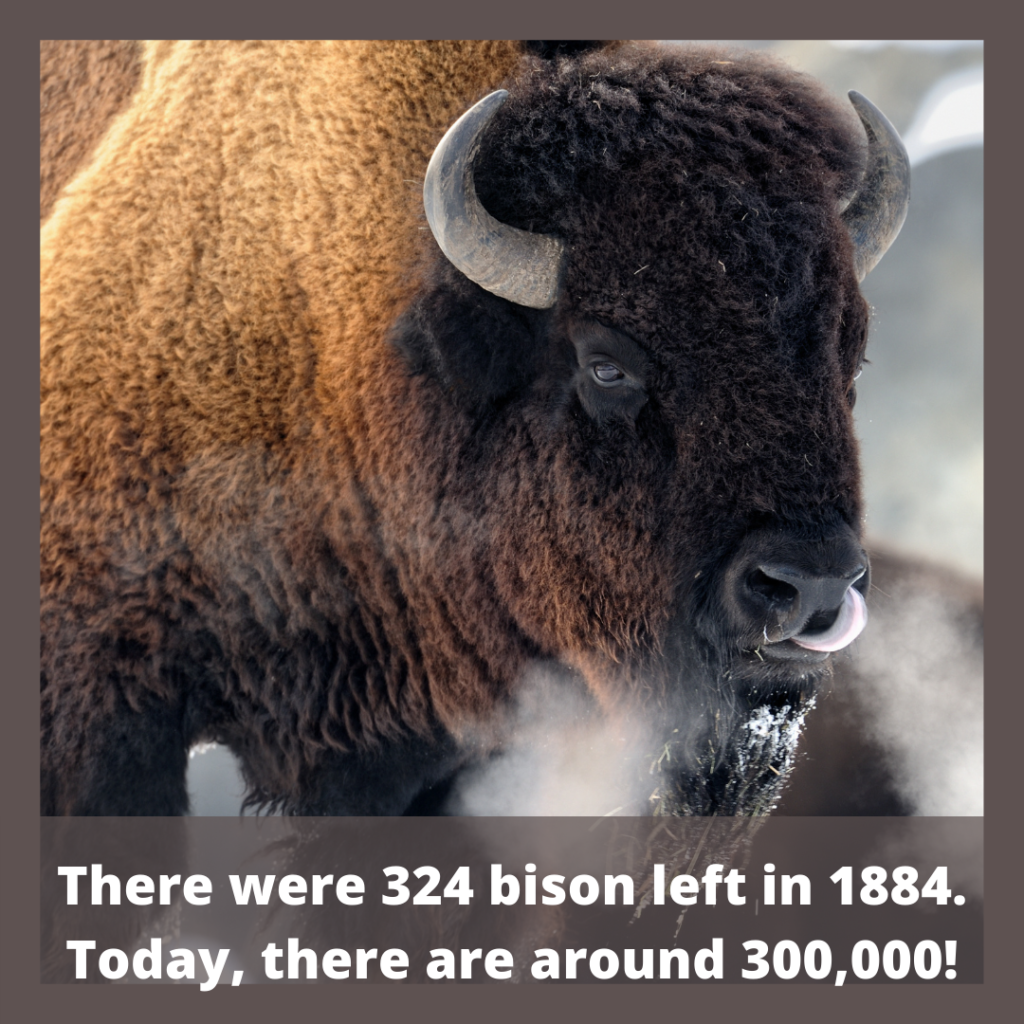
In other words, hunters were hunting everything they could to make as much money as possible without taking into account whether they were leaving any animals alive to breed and keep the population going.
In a system of capitalism with clearly defined private property rights, land owners, animal breeders, and ranchers have a market incentive to keep members of an animal species alive in order to keep making money and sustain their livelihoods into the future. This is best portrayed by the situation surrounding the American Bison in the late 1800s.
According to the Division of Fish and Wildlife, there were 324 total bison left in the USA in 1884. After private ranchers began herding and breeding the animals, however, the population began to recover, leading to the more than 270,000 bison alive today.
But that’s not the only species saved by property rights. The Scimitar-Horned Oryx is a type of antelope which is extinct in the wild but thriving on private ranches. Appropriate hunting within the rules of property rights can have amazing results for species. The Division of Fish and Wildlife said in 2012: “Hunting…provides an economic incentive to continue to breed these species…hunting reduces the threat of the species’ extinction.” The same can be said of the American alligator, which was “down listed” in its protection status in 1997, allowing for legal trade of the species. Numbers have skyrocketed since – so much so that alligators are now becoming a nuisance in many parts of the nation.
Emissions are Decreasing
Free market competition with smart and efficient regulation incentivizes companies to compete to become as efficient as possible. Of course there will always be bad actors and companies that try to “cheat the system,” and they should be held accountable. But overall, technological advancement from competition has launched society to heights that economists and environmentalists didn’t dream possible in decades past.
In 2017, the United States had the largest decline in CO2 emissions in the world. That was also the 9th time this century the United States led the world in emissions reduction, according to the BP Statistical Review of World Energy and the American Enterprise Institute. As more natural gas is relied upon for electricity generation, and technologically advanced scrubbers of smokestacks, car mufflers, and energy efficient vehicles are put into use, the United States will continue to be a leader in emissions efficiency.
When it comes to air pollution of the “six common pollutants” (Ozone, Particulate Matter, Carbon Monoxide, Nitrogen Oxides, Sulfur Dioxide, and Lead) the United States has reduced emissions of these by 71% since 1980, all while Gross Domestic Product increased by 182%, vehicle miles traveled increased by 114%, and population increased by 44% according to data from the US Environmental Protection Agency (EPA).
With capitalism you can “have your cake and eat it too.” The United States has achieved significant improvement in air quality, while economic advancement has also seen significant gains.
Socialism Pollutes
The big government, top-down style of socialism produces inefficiency and pollution.
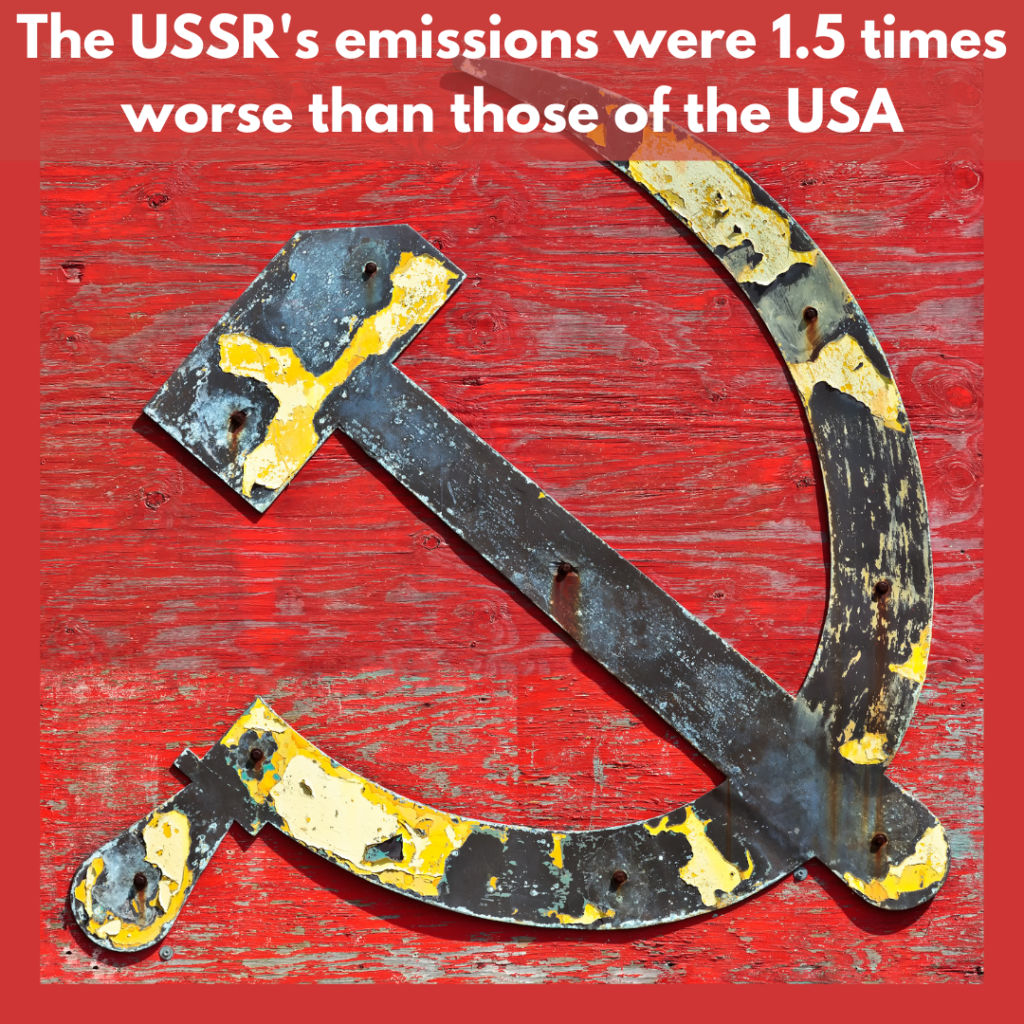
Comparing the Union of Soviet Socialist Republics (USSR) with the United States gives a stark contrast of the record of capitalism versus socialism. Total emissions in the USSR in 1988 were approximately 79% of the United States’ emissions, but the Soviet Gross National product was just 54% of the United States’ economy. Meaning that the Soviet Union generated 1.5 times more pollution than the USA per unit of Gross National Product, explained in the journal Global Environmental Change, volume 4, issue 3.
The United States not only had a better economy, it was doing it cleaner and more efficiently.
Today, in Venezuela, the socialist regime of Nicolas Maduro has produced chaos for its people, destroying its economy and ruining the environment.
Lake Maracaibo, a large inlet to the Caribbean Sea in Venezuela, has become blackened as mismanagement and poor environmental standards from the government-owned, nationalized oil company of Venezuela, Petróleos de Venezuela S.A., allows crude oil to ooze into the Lake. It is destroying the fishing industry, the local populace’s economy and health, and of course, the ecosystem of Lake Maracaibo and the surrounding area.
Both people and animals are suffering from the economic situation in Venezuela. Zoo keepers are reporting that not only are the zoo animals themselves “emaciated”, but there have been many reports of animals being stolen, according to Mongabay. Police and zoo officials believe they were taken with the intent to eat them, as food has become incredibly scarce in the once prosperous nation.
Plastic in the Ocean
The United States has been vilified for its supposed role in plastic waste reaching the Pacific Ocean and harming marine life. But according to studies reported on in the Wall Street Journal: “China and Indonesia are likely the top sources of plastic reaching the oceans, accounting for more than a third of the plastic bottles, bags and other detritus washed out to sea, an international research team of environmental scientists reported…”
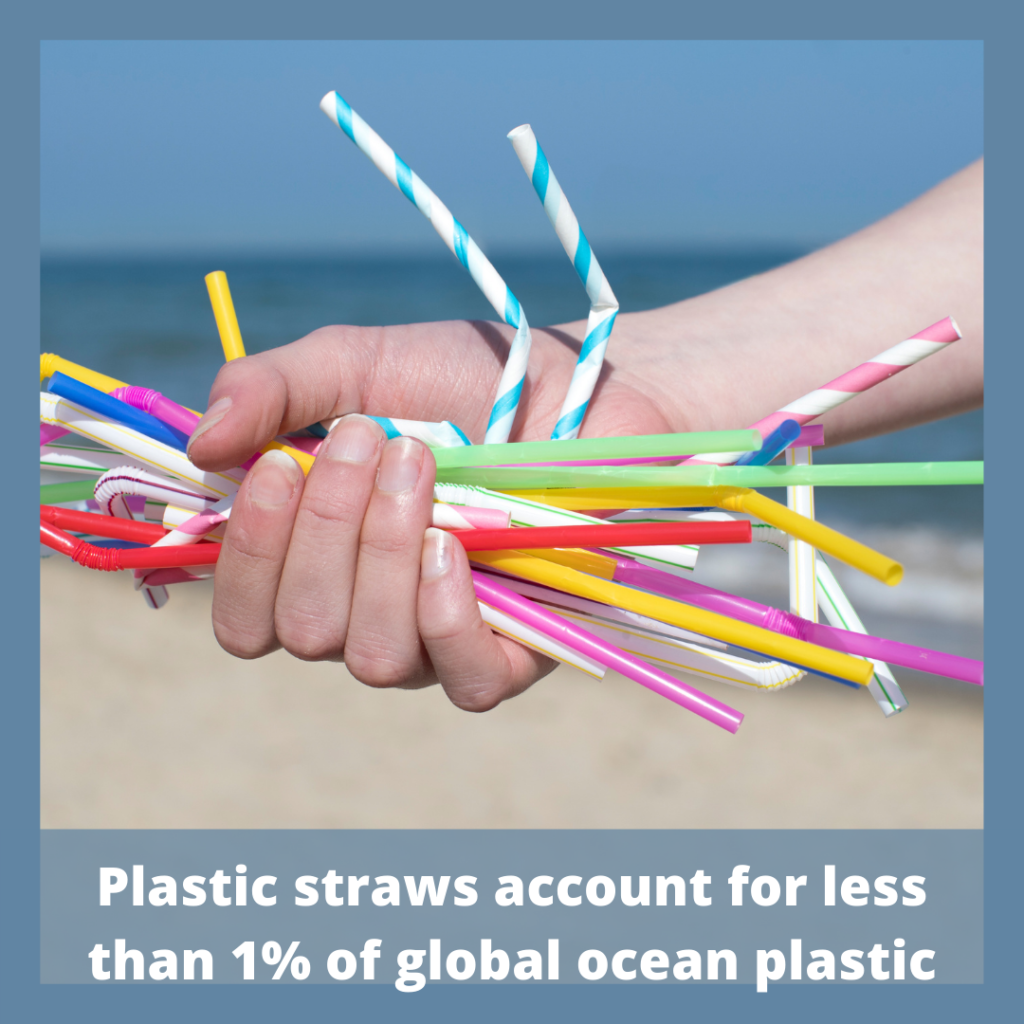
Not only this, but the United States was determined to be #20 on the list of nations who contribute to plastic in the oceans, being responsible for just 1% of such pollution.
In addition, plastic straws are also responsible for less than 1% of all plastic in the oceans, according to Stanford Earth.
Finally, organizations doing the most to clean up the oceans are based off of capitalist principles. One such successful organization is 4Ocean, a company that sells bracelets and other accessories made from the plastic collected by their cleanup crews. Each purchase provides more funding to hire more clean up crews around the world – providing not just a job for local communities impacted the most by pollution, but also creating a self-sustaining clean up system to monitor coastlines for plastic and waste.
